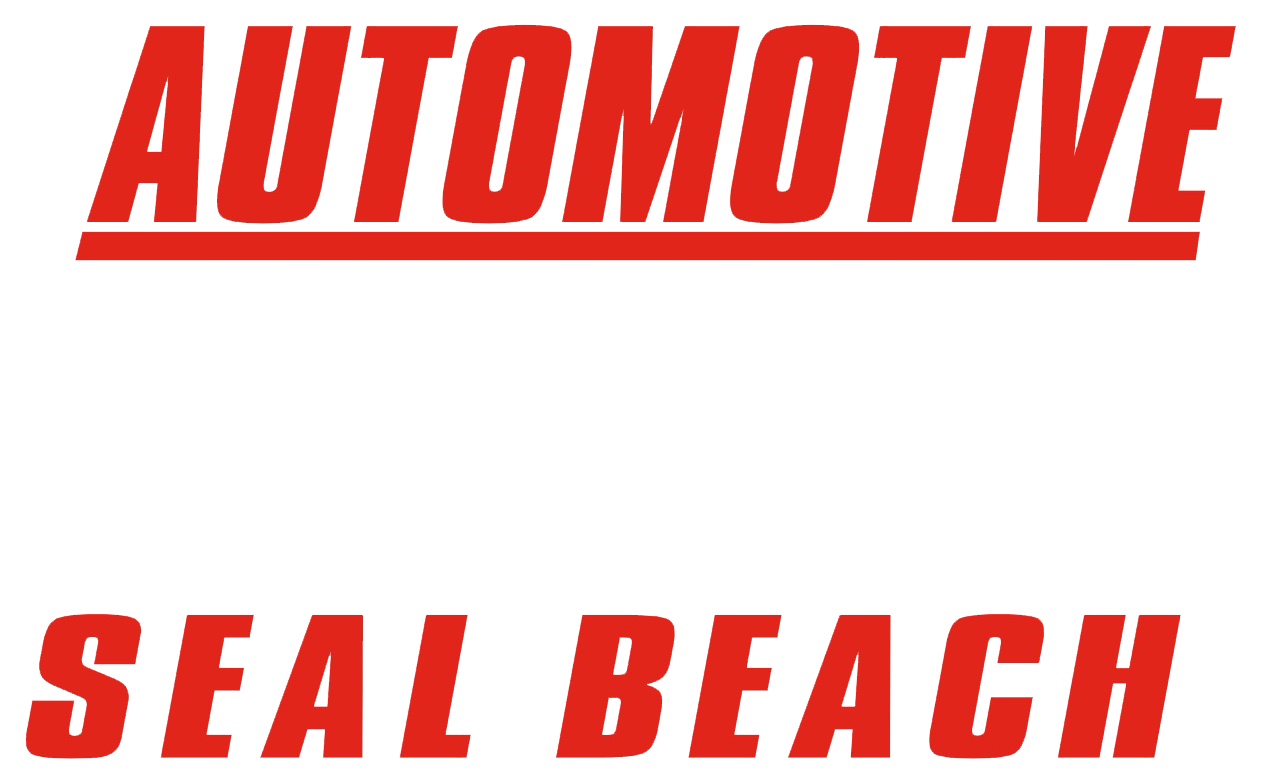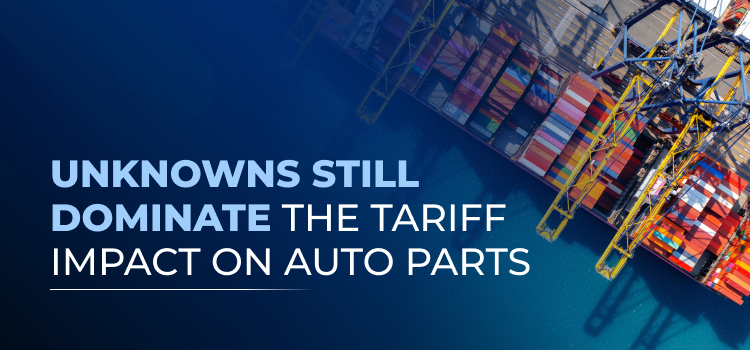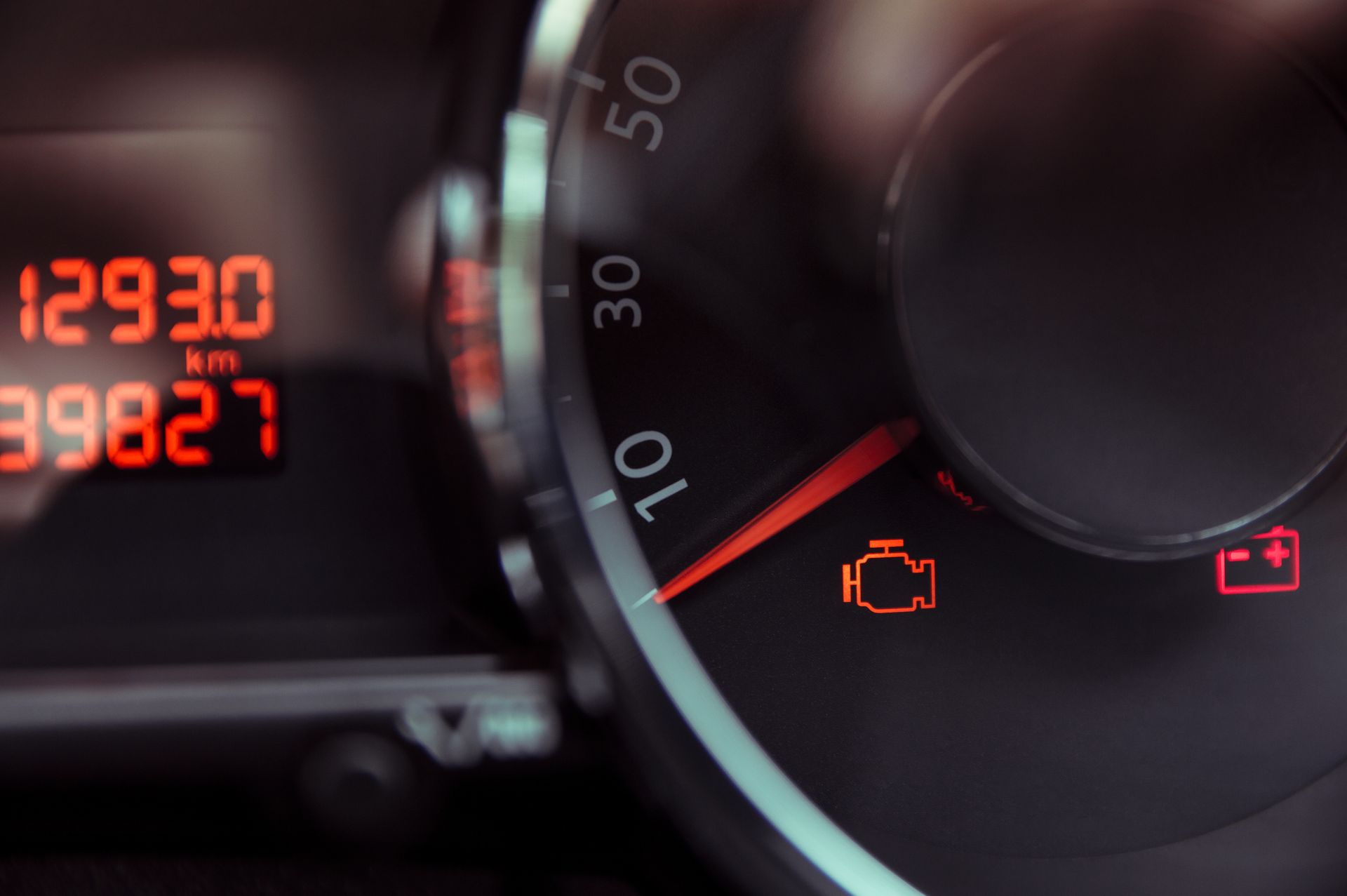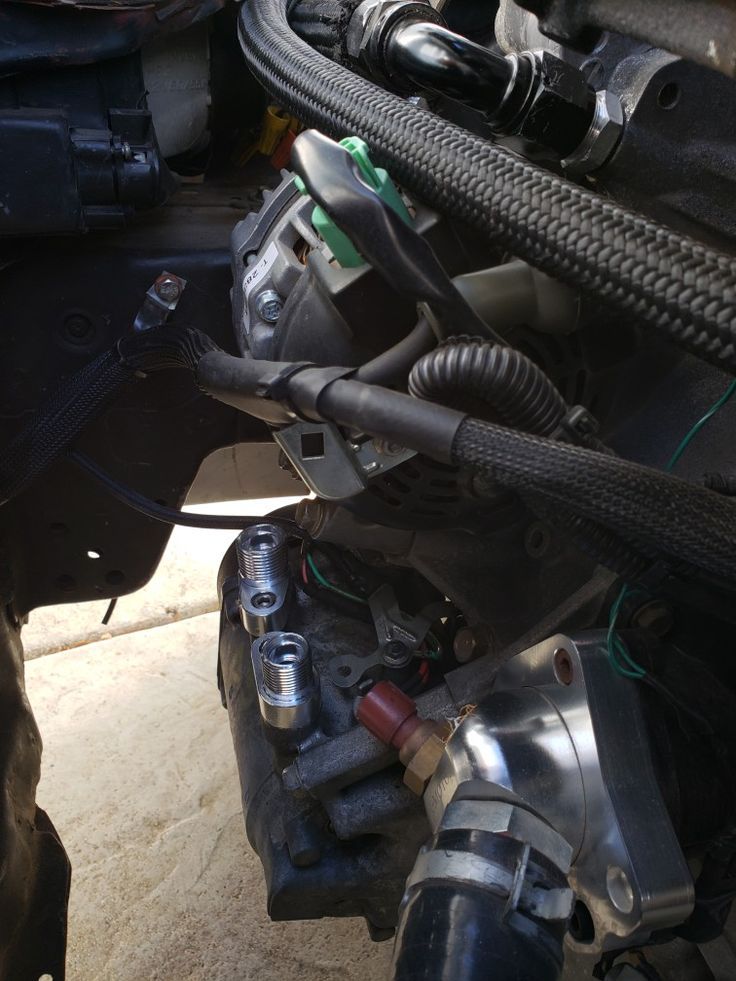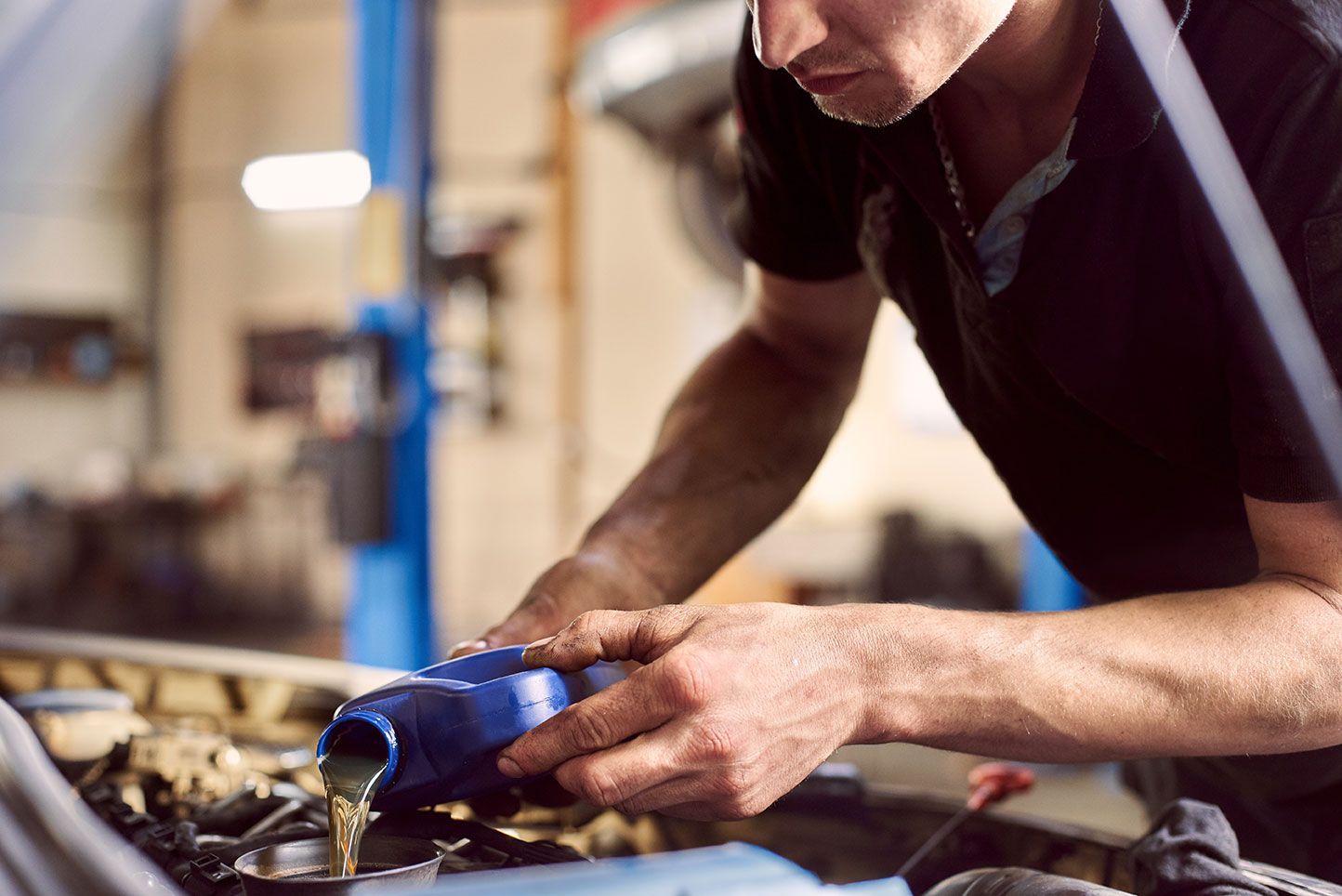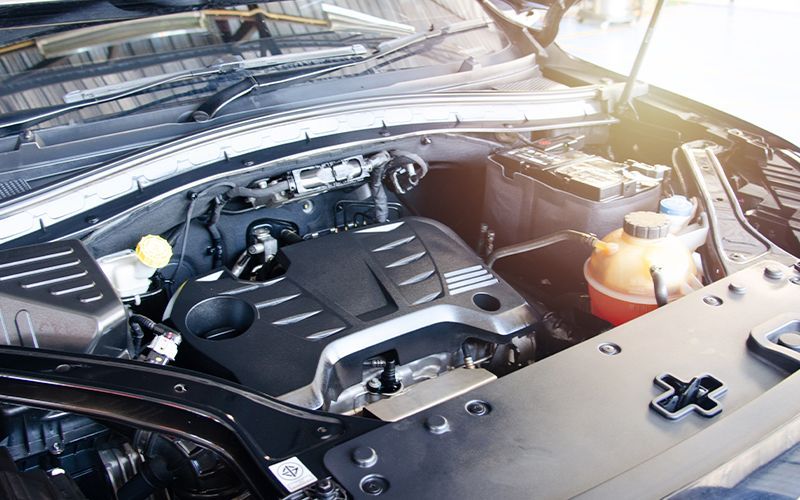Why is My Car Overheating?

If your car's temperature gauge moves into the red zone while driving, it indicates that your car is overheating. This situation can be stressful and potentially dangerous, but understanding why it happens can help you prevent harm.
Low coolant levels are often to blame as coolant helps regulate engine temperature. Without sufficient coolant, heat dissipation becomes inefficient, leading to overheating. Leaks in the cooling system, whether from the radiator or hoses, can also impair its ability to maintain the correct temperature.
Other Common Failure Points in Your Vehicle's Cooling System
A faulty thermostat, which regulates coolant flow, can also cause your car to overheat if it malfunctions by staying closed or remaining open when it shouldn't. Additionally, cooling fan issues can contribute to overheating, particularly if the fan fails to activate or isn't functioning correctly, reducing airflow over the radiator—especially when the vehicle is stationary or moving slowly.
Other issues like a blocked radiator, engine oil problems, a misfiring engine, or a faulty water pump can also lead to overheating. Regular maintenance and promptly addressing these problems can help your car run optimally and prevent overheating while driving.
How Much Does It Cost to Replace a Water Pump or Thermostat?
If your car is overheating and requires a new water pump and thermostat, you might wonder about the cost. Knowing the expense in advance allows you to budget accordingly and make informed decisions.
Replacing both components simultaneously typically costs between $500 and $1000, covering parts and labor. Often, there's no additional labor cost when replacing both together, making it a cost-effective option.
It's advisable to choose high-quality parts compatible with your vehicle for the best results. Although this might involve a higher initial investment, selecting reliable components and ensuring professional installation can help prevent future overheating problems and enhance cooling system performance.
Risks of Driving Your Car at High Operating Temperatures
Operating your vehicle at high temperatures can be risky, leading to rapid wear of engine parts and potential engine failure. Overheating can degrade important fluids like oil, which harms the engine, and cause the cooling system to become less effective, putting additional strain on the engine. Moreover, it can lead to warped cylinder heads, blown gaskets, leaks, and even stress cracks in the engine block, all of which necessitate costly repairs.
In severe cases, driving a significantly overheating car can pose a fire hazard. It's crucial to address overheating problems promptly and avoid driving when the car is excessively hot to prevent expensive damage and ensure safety.
Importance of Regular Vehicle Inspections
Regular inspections of your car's cooling system, recommended every 12,000 to 15,000 miles or at least annually, are essential to prevent overheating and maintain smooth operation. During these inspections, technicians should check components such as the radiator, hoses, water pump, thermostat, and coolant levels for any signs of damage, leaks, or corrosion.
Addressing minor issues early can save money and prolong the life of your engine and cooling system. Regular maintenance not only enhances your vehicle’s performance and fuel efficiency but also provides peace of mind that your car is reliable for daily use.
How to Prevent Car Overheating
Understanding the causes of car overheating enables quick and effective resolutions. Regular maintenance, such as monitoring coolant levels and inspecting for leaks, is vital. Ensuring that key components like the thermostat and water pump are functioning properly is also crucial.
If your car frequently overheats, it's important to consult a mechanic promptly. They can diagnose the issue and fix it before it escalates into a major problem or becomes a hazard while driving. Being proactive in vehicle care helps prevent overheating issues and ensures a smooth, reliable ride.
For those in Seal Beach, CA, consider visiting Automotive Excellence for comprehensive vehicle inspections and expert repairs. Our seasoned technicians can help you resolve any vehicle issue, including overheating problems, ensuring your car remains in peak condition. Visit Automotive Excellence of Seal Beach today to keep your vehicle running smoothly and efficiently!
By staying vigilant and proactive about maintenance, you can avoid the frustrations of overheating and enjoy a reliable and safe driving experience.
